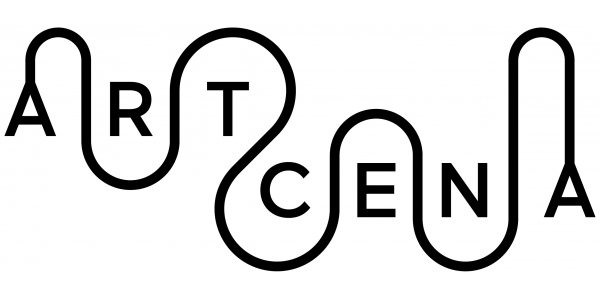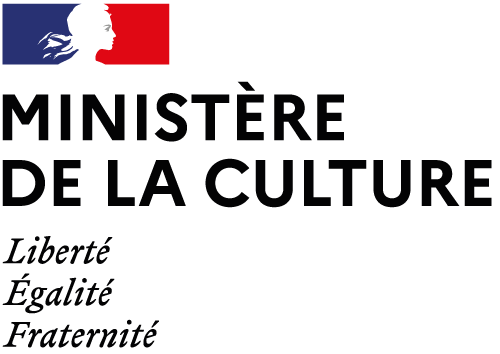Coordination and governance
COORDINATION OF THE NETWORK
ARTCENA
Circostrada is based in Paris and coordinated by the national centre for circus and street arts and theatre ARTCENA, (Centre National des Arts du Cirque, de la Rue et du Théâtre). Chaired by Lionel Massétat and led by Gwénola David, ARTCENA helps professionals implement projects and build the future of circus, street arts and theatre.
ARTCENA was created in 2016, when HorsLesMurs, a co-founder of the network, joined forces with the French national theatre centre (Centre National du Théâtre), and is supported by the French Ministry of Culture.
It is an organisation that brings together and produces resources for contemporary circus and street arts and shares its skills and knowledge with Circostrada. It supports the coordination team on administrative, social, financial, accounting and fiscal issues and also shares its expertise through consulting, training, communication, publication and knowledge dissemination.
To contact the coordination team, visit the Contact page.
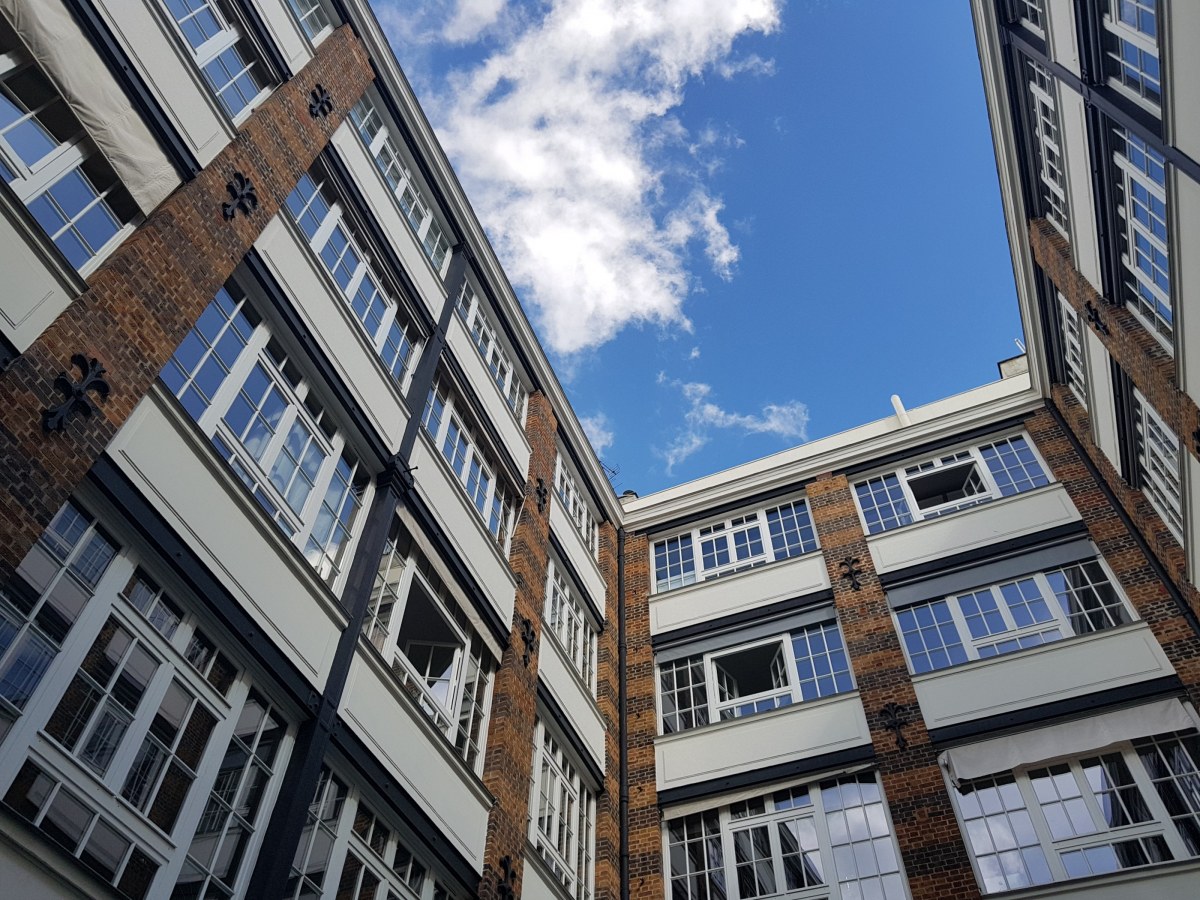
HOW THE NETWORK OPERATES
GENERAL MEETINGS
Once a year, the network brings its members together and invites them to share their experiences, exchange ideas, attend a festival and learn more about the local context in the host country while inviting them to participate in projects developed by internal working groups.
WORKING GROUPS
All network activities are planned, designed and carried out by internal working groups, made up of network members. Each working group is tasked with developing a specific project related to the network’s areas of interest and its programme of actions. Each group is responsible for its own project, defining its aims and working methodology, according to a general framework set by the coordination team. Each group is led by one or two people, who work closely with the coordination team to provide support and resources, tailored to the needs of each project.
MEMBERS, EVENT PARTNERS
Each Circostrada event is hosted by one of its members, and is organised in close collaboration with them.
This is a real partnership, in which each member invests their time as well as human, financial and logistical resources in order to provide a warm welcome to the network. In addition, members share their expertise with the network with the aim of including all the relevant local key players and resources in the event.

GOVERNANCE OF THE NETWORK
STEERING COMMITTEE
Circostrada operates according to a principle of collaborative governance, enshrined by a steering committee created in 2014. The steering committee is appointed by the members of the network and works in close collaboration with the coordination team to define, develop and implement the network's strategy. It is also responsible for considering new membership applications.
The steering committee and the coordination team meet at bi-annual general meetings and at a special meeting organised each year on the fringes of network events.
The steering committee is elected by the members of the network for a three-year term and can be re-elected once. It consists of eight members, including ARTCENA, which is a permanent member.
ITS DUTIES INCLUDE:
- Evaluating new member applications
- Participating in the internal governance of the network
- Contributing to the planning and running of activities
- Ensuring that activities are consistent with the values of the network
- Defining the strategic development of Circostrada
- Giving a voice to members and supporting them throughout their career with the network
- Disseminating information from the network to all countries represented by committee members
- Representing the network at professional events
COMPOSITION
The steering committee is currently composed of the following members:
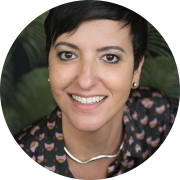 Eleonora Ariolfo
Eleonora AriolfoEleonora Ariolfo has been the Director of Outdoor Arts Italia ETS since 2021, overseeing international relations and production. She is an experienced cultural manager with a long-standing background in performing arts. A graduate of Codarts in Rotterdam, she initially pursued a career as a choreographer before transitioning to cultural management. Over the years, she has worked as a production manager for several organisations and events, including the Festival sul Filo del Circo and Torino Fringe Festival. In recent years, has specialized in project development for cultural organisations active in the field of outdoor and performing arts.
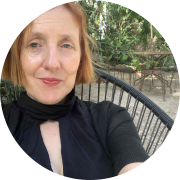 Maggie Clarke
Maggie ClarkeMaggie is founder and Director of XTRAX, one of the UK’s leading outdoor arts organisations. Based in Manchester but with a global outlook, XTRAX supports the development of inspirational outdoor performance and delivers UK and international showcases, tours and events. XTRAX has delivered projects in many European countries as well as Asia, Australia and beyond.
Maggie was founder and manager of Without Walls, the producer of large scale aerial show As the World Tipped, and is currently developing a number of projects and showcase events with international partners.
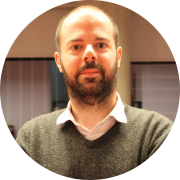 Bruno Costa
Bruno CostaBruno Costa is Codirector of Bússola, a Portuguese organization with a mission to support strategic development of artistic and cultural projects. He has a master’s degree in management for the Creative Industries with academic research based on the international mobility of artists, with a special focus on outdoor arts. Currently he is a PhD candidate in Cultural Studies, with research about the European cultural identity. Over the last years he has collaborated in several projects as cultural strategy and artistic programming consultant, as well focusing cooperation projects at national and international levels (coordination of BETA CIRCUS).
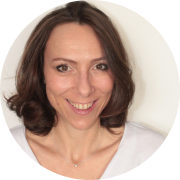 Gwénola David
Gwénola DavidGwénola David is Managing Director of ARTCENA – The French National Centre for Circus Arts, Street Arts and Theatre. She studied economics and management of cultural institutions in Paris. She is the former Deputy Director of the CNAC – National Centre for Circus Arts and used to work as a journalist, theatre and dance critique.
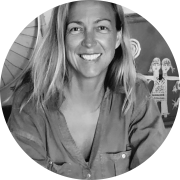 Isabel Joly
Isabel JolyIsabel Joly is the director of FEDEC, the European federation of professional circus schools, where she shares her passion for arts education with its 80 members worldwide, professional circus schools but also organisations putting the development of circus arts at the heart of their project. After studying communication and journalism at the University of Lille, Isabel joined the European Commission in the education and cultural directorate and this immersion in cultural issues at European level gave her professional life a decisive direction. After 5 years, it seemed vital to her to anchor herself in a grassroots organization so she joined RESEO, the European Network for Opera and Dance education, in 2002, becoming its Director. After 14 rewarding years, Isabel left RESEO for an Antwerp-based musical theater company, Zonzo Compagnie, whose cutting-edge performances delight the ears of young audiences.
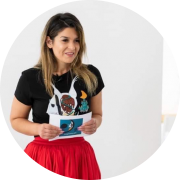 Telma Luis
Telma LuisTelma Luís is project manager of Imaginarius, International Street Theatre Festival and Creation Centre, a living system of production and cultural circulation, focused on street arts and contemporary circus. Within the festival spectrum, she overviews the programming and production processes and is also in charge of international cooperation projects, such as Roundabout Europe. She also leads audience development and cultural meditation activities, which focus on enriching the spectrum of publics for Imaginarius brand. For the past 2 years, Telma has the role of programming manager for Municipality Theatre, Cineteatro António Lamoso, and outdoor summer activities.
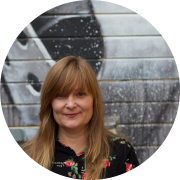 Kiki Muukkonen
Kiki MuukkonenKiki Muukkonen is Artistic Director of the circus department of the Swedish cultural centre Subtopia, where she has developed its activities since 2008. She manages national and international programming, international relations, residencies, capacity building and support programs for artists, and has over the years taken part in many international and European cooperation projects. In 2009, she founded the Nordic circus showcase Subcase, which took place in 11 editions. In 2017, she founded the festival CirkusMania, of which she is still the Director. CirkusMania has now taken place in 6 editions, in collaboration with venues around the Stockholm region as well as in conjunction with CirkusExpo, the annual Nordic platform for circus. In 2021 she initiated the think tank Samovar Circles in close partnership with Nordic and Baltic partners.
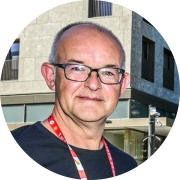 Gert Nulens
Gert NulensGert Nulens is the director of Dommelhof, an art institution in Flanders (BE), supporting the creation and presentation of circus and outdoor arts. One of the flagships events of Dommelhof is the festival Theater op de Markt, presenting 50 artistic companies a year. Next to the development of circus and outdoor arts, Dommelhof hosts also a creation space for transdisciplinairy arts. Before leading Dommelhof (since 2011) Gert worked as a researcher at the university of Brussels, concentrating on cultural policy and cultural participation.
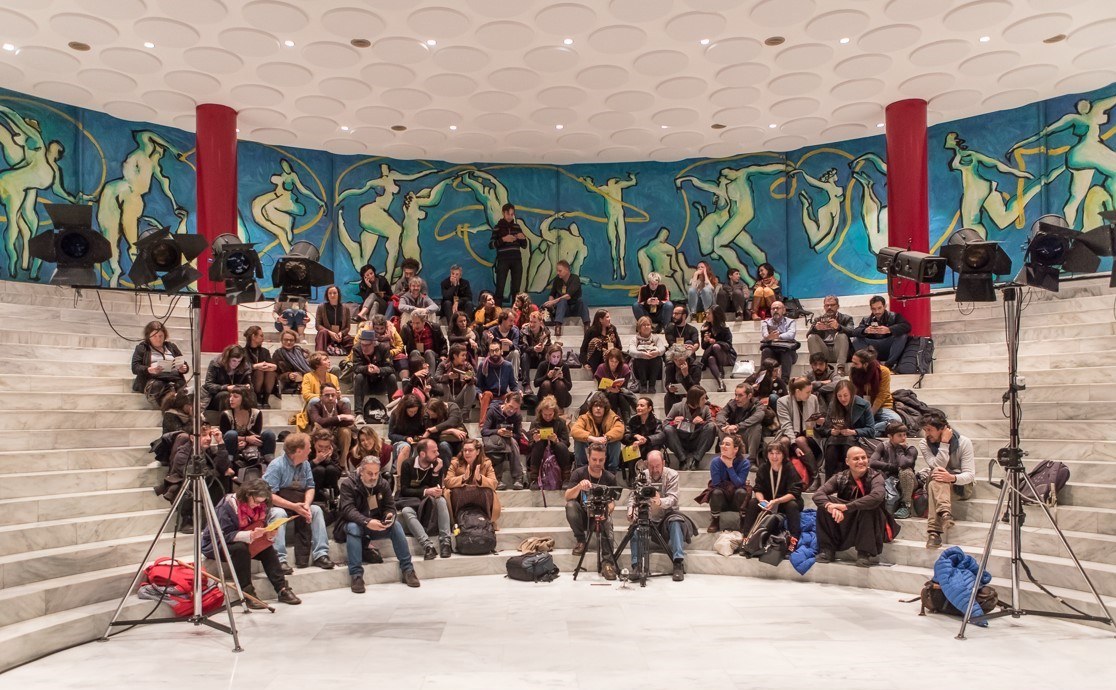
EXTERNAL EVALUATION AND IMPACT ASSESSMENT
The network constantly strives to create a better experience for its members. This includes developing meaningful programmes, facilitating learning and exchange, and creating opportunities to innovate the contemporary circus and outdoor arts spaces.
A central aspect of this process to learn, grow and improve our programming is impact assessment. Since January 2022, Circostrada is working with an external evaluator - Kai Brennert - to learn more about how effective its programmes are, how network members engage with the network, what unspoken needs have not yet been addressed, what processes work and which don't, and how the membership experience can be improved in general.
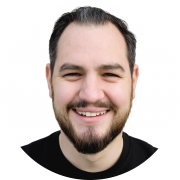 Kai Brennert
Kai BrennertKai Brennert is the Founder of edge & story, an evaluation, research and policy consultancy for culture and sustainable development that works with organisations to assess their impact, effectively and creatively use data, and build resilience for the future. Currently based in Cambodia, he has lived in Germany, Thailand, Iraqi Kurdistan, Australia, the UK and Aotearoa New Zealand, and worked in more than 20 countries across four continents on partnerships, strategy and evaluation. Kai is also the author of curious patterns, a monthly newsletter that explores current issues and policies in the field of arts, impact, international cooperation and sustainable development.
SHIFT Eco-Certification Programme
“The SHIFT eco-certification pilot phase is an opportunity to rethink our practices as international cultural networks and change our mindsets and behaviours. SHIFT guidelines give a perfect framework and support for this transformation. We hope the process will act as an inspiration for our members and wider (cultural) communities to act for the environment.”
The SHIFT pilot phase targets the development of a tailor-made scheme, leading to a first audit and green certification for the participating cultural networks. The guidelines for the certificate have been developed in the course of an Erasmus+ co-funded cooperation project.
Participating networks have chosen a collaborative approach to implement this process. Facilitated by Creative Carbon Scotland and Green Leisure Group, this will be brought to life through regular workshops for all participants to review and reflect on progress while continually developing the guidelines underpinning certification.
During the first year of implementation of mandatory measures embedded in the SHIFT eco-guidelines, the work will not only be done with the core group of participating organisations but also discussed and shared with the members of the 16 network. This multiplying effect of the eco-certificate will be seen over the longer term through inspiring other networks (at international and national levels) or membership-based associations to green their practices while using the SHIFT eco-guidelines. Participating cultural networks believe that eventually, upon completion of the pilot phase, the eco-certificate will have the potential to become financially self-sustainable while bringing more networks into the certification process and a collective ‘eco-system’ of change.
This experience, and ultimately the certificate, will help Circostrada to establish a credible track record of concrete actions to be able to prove our commitment to become a more sustainable and socially responsible European network.
Look at Circostrada Charter for ecological sustainability HERE.



